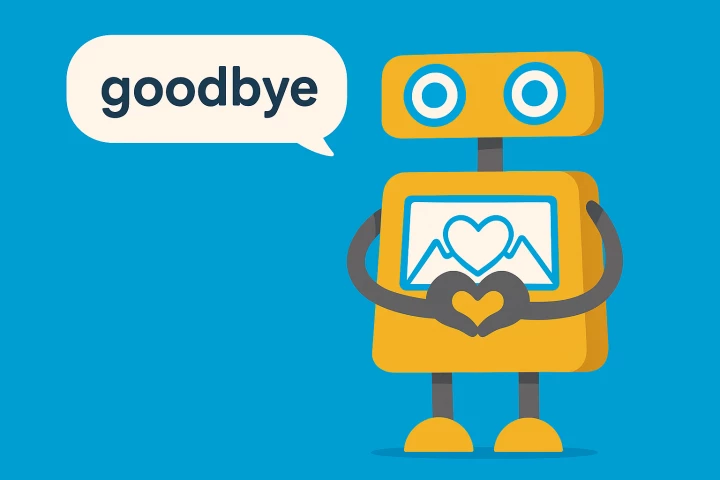LLM (Large Language Model)
Artificial Intelligence systems using deep learning networks trained on a large amount of data. LLMs – such as Google Bard, OpenAI's GPT models, Meta's LLaMA and many more – were designed to "understand" and write natural language text. They can operate as next-level chatbots capable of reading and responding to many different languages – but they're also highly capable when it comes to writing and analyzing software code.
They are not generally considered to be sentient beings, but as of 2023, they frequently display such a subtle and broad command of language that they do an excellent impression. Along with their stunning writing ability, they're also proving extremely capable of performing a wide range of other tasks, and some believe LLMs will eventually form the foundation of the first artificial general superintelligence.
-
AI has passed a new benchmark, scoring better than the average human on a recognized creativity test involving 100,000 people. But there's more to the story than the results, underpinning how difficult it is to put "creativity" in a measurable box.
-
Use AI long enough and eventually you lose the ability to communicate your inner thoughts. You think in terms of LLM prompts. And if our inner thoughts then resemble LLM outputs does that mean the computer is getting smarter, or we are getting dumber?
-
As AI systems grow bigger our data centers are feeling the heat with rising power demands. To tackle these growing energy needs, researchers have created a new chip that swaps electricity for light to handle one of AI's most power-hungry jobs.
-
Marking a major shift in personal AI, OpenAI has released ChatGPT Agent, taking things well beyond chat – it can browse the web, run code, manage files and complete tasks across apps. It’s the first real AI assistant that doesn’t just answer but acts.
-
Roboticists today are wrestling with the question of whether AI needs a body? If so, what kind? And then there’s the “how” of it all; if embodied intelligence is the way forward to true artificial general intelligence, could soft robots be the next step?
-
In what seems like HAL 9000 come to malevolent life, a recent study appeared to demonstrate that AI is perfectly willing to indulge in blackmail, or worse, as much as 89% of the time if it doesn't get its way or thinks it's being switched off. Or does it?
-
AI tools like ChatGPT have changed our personal and professional worlds, with around 52% of American adults regularly using a large language model. But at what cost? A new study details the large environmental price we're paying for our AI assistants.
-
A landmark AI therapy chatbot is closing down on June 30, and industry experts believe that its demise is most likely in response to the challenges of delivering impactful mental health services and navigating safety issues in the digital space.
-
How are you using new AI technology? Surely you're only deploying things like ChatGPT to summarize long texts or draft up mindless emails. But what are you losing by taking these shortcuts? And is this tech taking away our ability to think?
-
Ultra-deep tech startup Nirvanic put on a fairly humble-looking robotics demo at Jeff Bezos's private MARS 2025 conference – but it may go down as a landmark moment both in AI robotics, and in our understanding of consciousness itself.
-
Researchers have developed DolphinGemma, the first LLM for understanding dolphin language. It could help us translate what these incredible creatures are saying, potentially much faster than we ever could with manual approaches used over decades.
-
While we're not short of divisive topics in 2025, there are valid reasons as to why we're turning to chatbots for emotional support – and why many of us are also very much against it. So how willing are you to embrace this new form of therapy?
Load More











